The scope of irrigation engineering is a vast practice in civil engineering field. Irrigation engineering manages the arranging, planning and keeping up with irrigation frameworks for the vehicle and dispersion of water to private and farming destinations. Here, it is discussed about the scope of irrigation engineering, benefits of irrigation engineering, ill effects of irrigation engineering and necessity of irrigation engineering.
What is Irrigation Engineering?
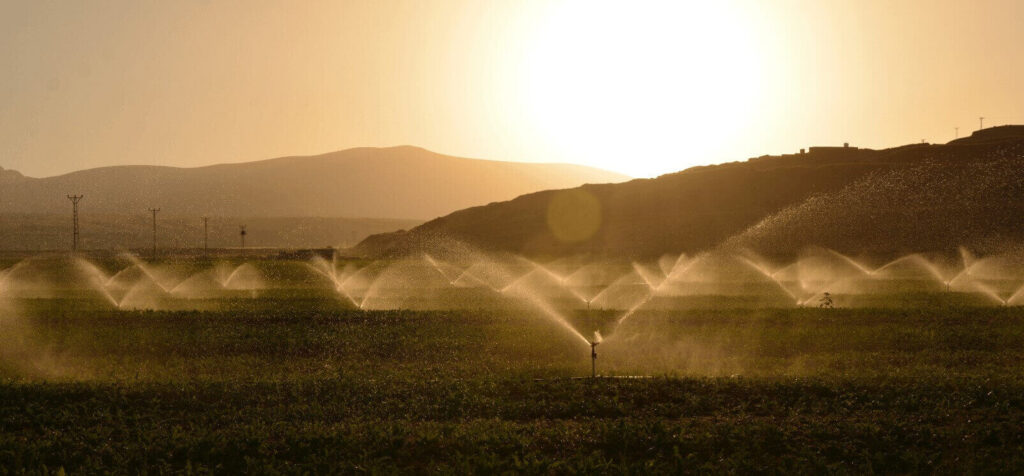
The process of artificial utilization of water to the soil for the growth of agricultural crops is named as irrigation. It is basically a study of arranging and planning a water supply framework for the agricultural land to shield the harvests from terrible impact of drought or minimum rainfall. Irrigation engineering contains the investigation and the plan of works for association with river or waterway control, drainage of water logged zones and generates the hydroelectric power.
Here it is discussed about scope of irrigation engineering, necessity of irrigation engineering, advantages and disadvantages of irrigation engineering.
Necessity of Irrigation Engineering
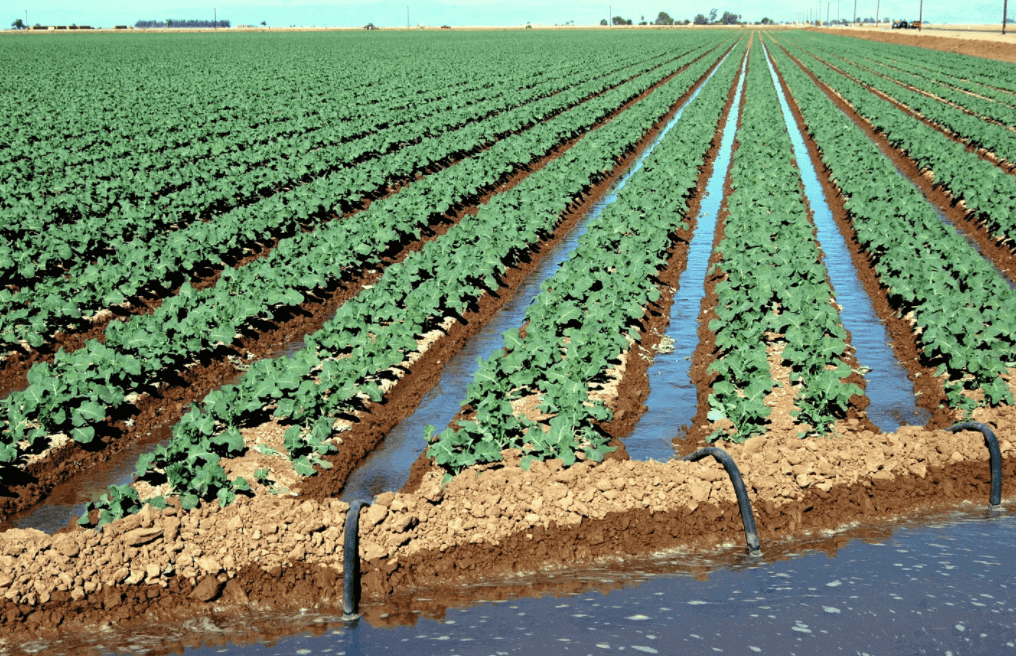
There are many scope and necessity of irrigation engineering. All through the yield time frame sufficient amounts of water is needed close to the root zone of the plants for their development. At times, during the crop period, the rainfall may not be satisfactory to satisfy the water requirement of the crops. The intensity of rainfall is basically unsure and outside the ability to control and it may not be all around dispersed all through the crop season or the culturable area. Along these lines, water system turns out to be totally important to satisfy the water prerequisite of the crops.
The necessity of irrigation engineering can be summarized in the following points:
1. Less rainfall: When the total rainfall is less they are needed for the crops; hence artificial supply is necessary. In such a case water system works might be developed at a spot where more water is accessible and then to pass on the water to the area where there is insufficiency of water.
2. Uneven distribution of rainfall: When the rainfall is not evenly distributed during the crop period, the irrigation is extremely necessary. By the collection of water during the abundance rainfall period, water might be provided to the crop during the period when there might be no rainfall.
3. Improvement of perennial crops: Some perennial crops like sugarcane, cotton etc. require water all through the significant piece of the year. But the rainfall may satisfy the water necessity in the rainy season only. So, for the remaining part of the year irrigations become necessary.
4. Development of agriculture in dessert area: In desert areas where the rainfall is very scanty, irrigation is required for the development of agriculture.
5. Growing a number of crops during a year: The rainfall in an area may be sufficient to raise only one type of crop during the rainy season for which no irrigation may be required. However, with the provision of irrigation facilities in that area, crops can be raised in other seasons also.
Benefits and Ill Effects of Irrigation Engineering
An irrigation engineering has both the benefits and ill effects of irrigation engineering. Some of the major benefits of irrigation engineering and ill effects of irrigation engineering are mentioned as below.
Advantages of Irrigation Engineering
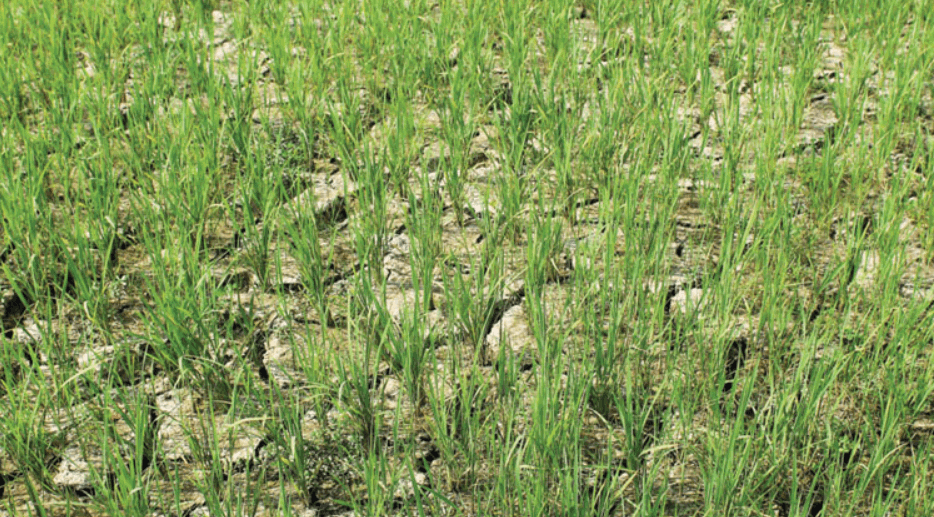
Here it is described about some benefits of irrigation engineering:
1. Yield of crops: In the time of low rainfall or drought, the yield of crop might be expanded by the water system framework.
2. Protection from famine: The food creation of a nation can be improved by guaranteeing the development of crops by availing the irrigation facilities. A country is prevented from famine situation by irrigation engineering.
3. Prosperity of farmers: When the supply of irrigation water is assured, the farmers can grow two or more crops in a year on the same land which is a proper benefits of irrigation engineering. Thus, the farmers may earn more money and improve their their living standards.
4. Improvement of cash cops: Irrigation helps to improve the cultivation of cash crops like tobacco, cotton, sugarcane, coffee, tea etc.
5. Domestic and industrial water supply: The irrigation canals may be utilized for domestic and industrial water supply. Some of the water system reservoirs likewise supply water to close by rural and urban areas. The canals also provide facilities for bathing, boating and other recreations.
6. Development of fishery: The reservoirs and the canals can be utilized for development of fishery projects.
Disadvantages of Irrigation Engineering
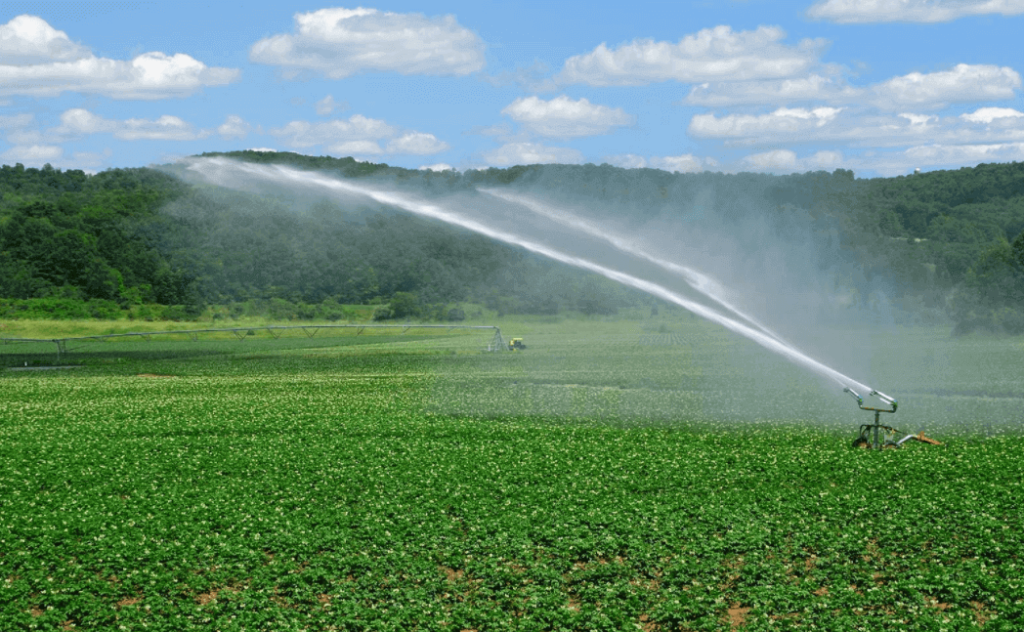
Here it is described about some ill effects of irrigation engineering:
1. Breeding places for mosquitos: Due to access application of water and due to leakage of water, ponds and depressions get filled up with water and create breeding places for mosquitos. Also if the canal is leaky, mosquitos breed all along the canal and spread malarial conditions.
2. Water logging: Due to excessive seepage of water through the bed and banks of the canal, the water table in the surrounding area may be raised which may constantly saturate the root zone of the crops and the whole area becomes water logged.
3. Dampness in weather: The areas which are already damp and cold, becomes damper and colder due to irrigation. Because of dampness, the individuals living around the region may experience the ill effects of cold, cough and other such infections originating from dampness.
4. Loss of valuable land: Important land may be lowered due to developments of reservoirs and damps and it might likewise be lost while building irrigation canals.
Scope of Irrigation Engineering
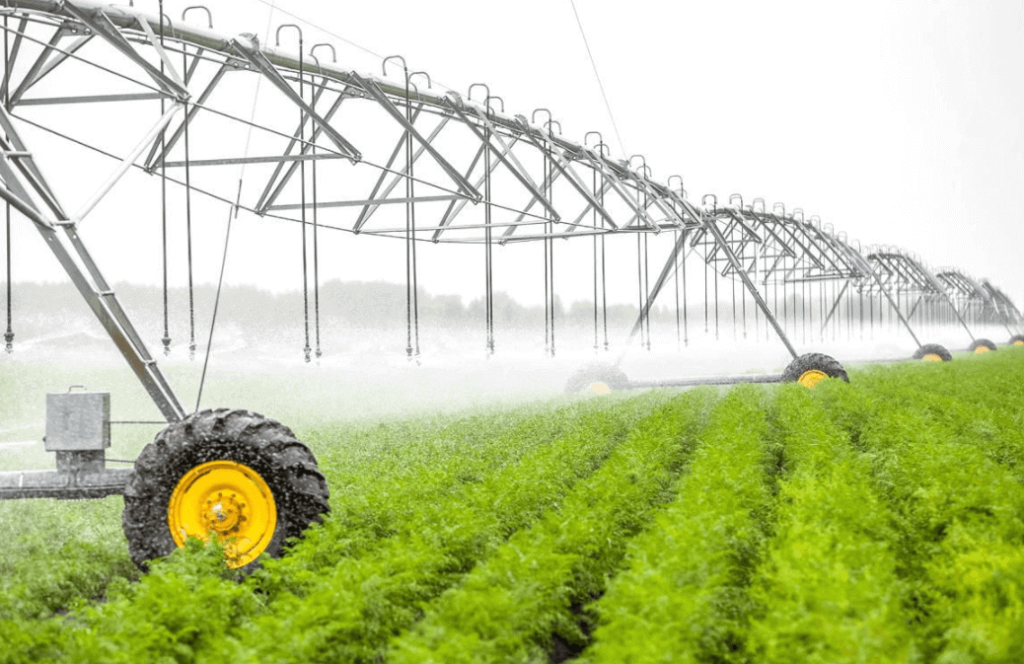
The scope of irrigation engineering is a vast practice in civil engineering field. Irrigation engineering manages the arranging, planning and keeping up with irrigation frameworks for the vehicle and dispersion of water to private and farming destinations. The works involved in irrigation engineering may oversee the installation of pipelines and sprinklers or be involved in directing water from dams, canals and rivers. The work is done in the field to evaluate terrain, soil and climatic characteristics to optimize the use of water for lawns and agricultural crops. Computers are often employed for modelling techniques to plan blueprints of irrigation systems and present these to sub-contractors for installation technicians.
Irrigation engineering addresses ongoing issues of drought and national water shortages, focus on developing irrigation systems that prioritize water sustainability. Irrigation engineering may be involved in researching water recycling methods and developing new ways of minimizing water seepage and evaporation loss.
Irrigation engineering is regularly utilized in rural ventures like cotton, dairy and agriculture. Other works involved the residential and business sectors in the construction of irrigation systems for home-owners and office buildings.
Here, it is discussed about the scope of irrigation engineering, benefits of irrigation engineering, ill effects of irrigation engineering and scope and necessity of irrigation engineering.
For more engineering terms click here.
